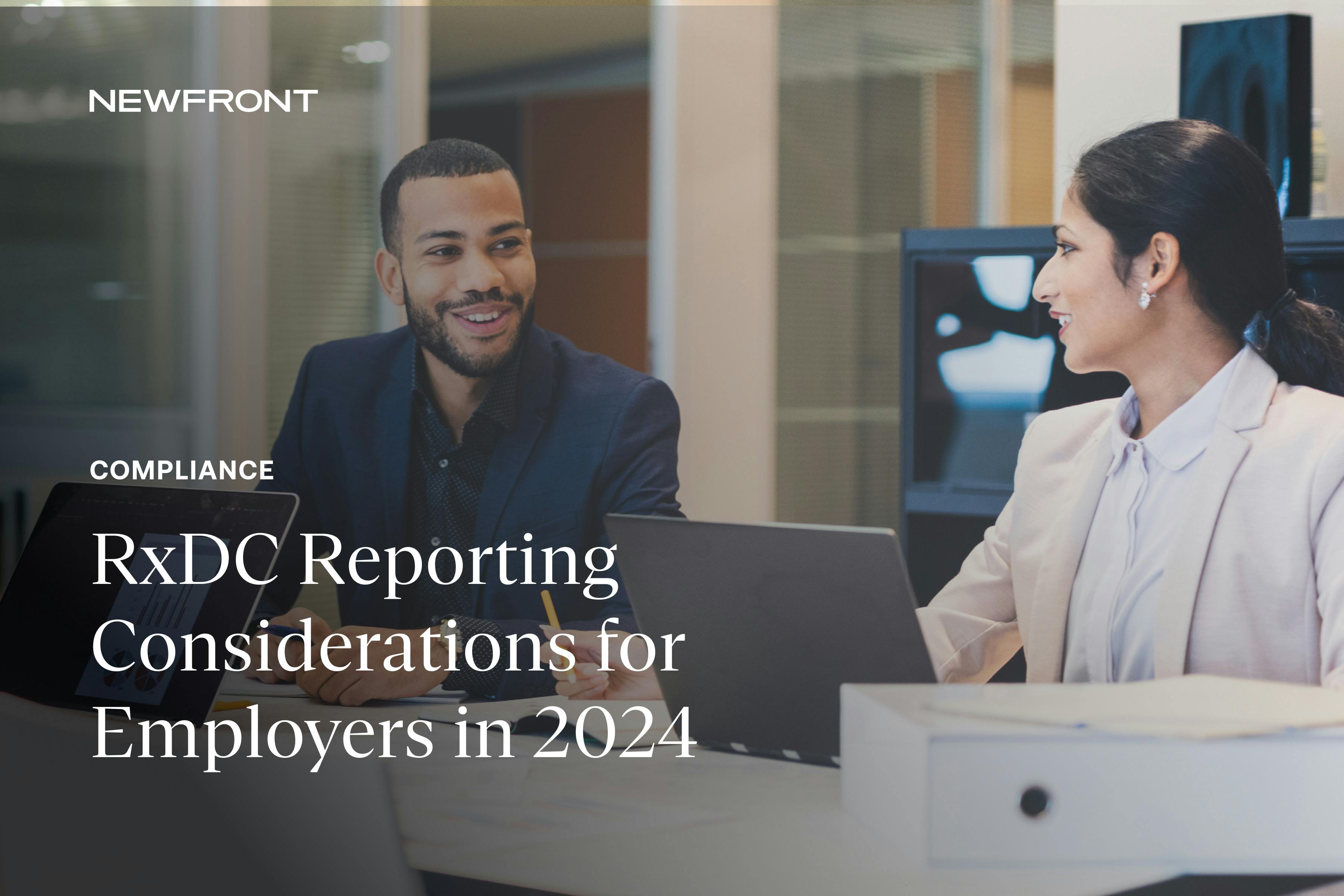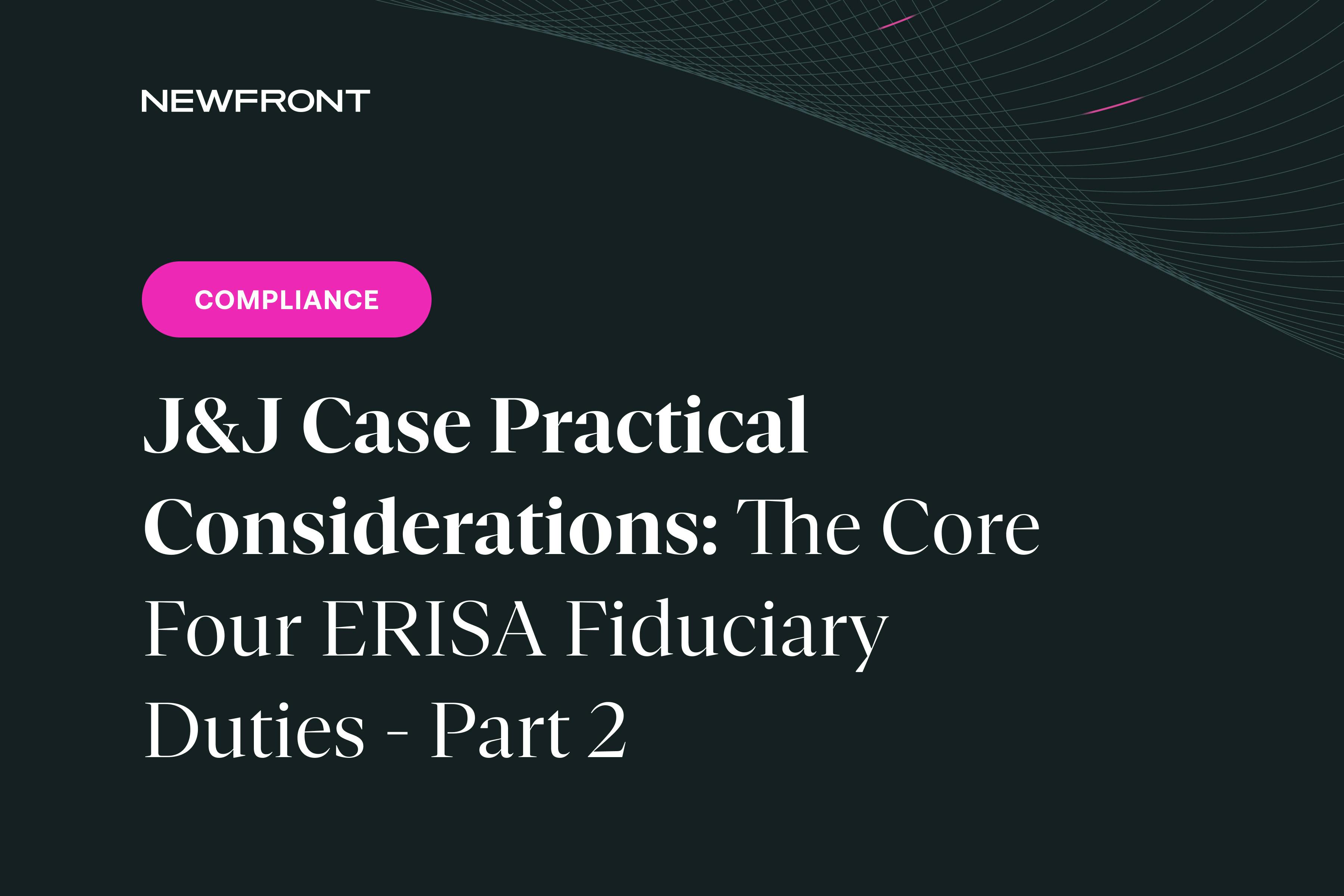Washington Long-Term Care Insurance Payroll Tax Begins in 2022
By Karen Hooper | Published June 1, 2021
In August 2019, Washington Governor Jay Inslee signed into law HB 1087 creating the nation’s first social insurance program for long-term care services and supplies. This has since been rebranded as the “WA Cares Fund,” with some changes along the way.
**The payroll tax to fund the WA Cares Fund begins January 1, 2022. Employers will be required to take employee payroll tax contributions as of that date, unless an exemption applies. **
For more details on the WA Cares Fund program details, see our initial post from August 2019: Washington State Passes First Publicly Funded Long-Term Care Program
Payroll Tax Begins 2022: Mandatory Employee Contributions (Unless Exemption Applies)
Employees are charged a premium assessment of $.58% of wages ($.58 for every $100 earned). The original cap of 1% of earnings has been removed. The payroll tax is funded exclusively by employee contributions. Unlike the WA Paid Family Medical Leave program, there is no employer contribution component to the WA Cares Fund payroll tax.
Employee contributions will begin January 1, 2022, unless the employee applies for an exemption. In order to qualify for an exemption, employees will need to be at least 18 years of age and have purchased a private long-term care insurance plan before November 1, 2021. The private LTC plan must meet the definitions in RCW 48.83.020. Employees will be able to apply for an exemption between October 1, 2021 and December 31, 2022. The WA Employment Security Department is working on proposed rules for the exemption process. If the employee does file for an exemption and is approved, this is a life-time exemption and the employee will never have access to the WA Cares Fund benefit.
Receiving Benefits
An individual will qualify for long-term care services if the person:
Is at least 18 years old,
Is a Washington resident,
Has paid into the WA Cares fund for an equivalent of either 10 years without interruption of five or more consecutive years, or three of the last six years at the time the benefit is applied for and
Has worked at least 500 hours per year during those years.
In addition, the individual must need assistance with at least three activities of daily living.
Activities of Daily Living are defined as:
Medication Management
Personal Hygiene
Eating
Toileting
Cognitive Impairment
Transfer Assistance
Body Care
Bathing
Ambulation/Mobility and
Dressing
Individuals who qualify will receive a lifetime benefit of $36,500 which can be used to pay for:
Professional in-home care or residential living expenses,
Wheelchair ramps, emergency alert devices, and other needed equipment,
Training and pay for family members providing caregiving duties,
Meal programs, transportation to the doctor, dementia education and other services.
What should employers do now?
Employers should prepare to begin taking the payroll tax deductions starting January 1, 2022 from any Washington employee who has not been approved for an exemption. It is the employees’ responsibility to inform the employer that they qualify for the exemption.
For more information, check out the employer toolkit. WA also has an employer newsletter that you can subscribe to and receive updates. You can also check out the WA Cares Fund website which has a wealth of information.

Karen Hooper
VP, Senior Compliance Manager
Karen Hooper, CEBS, CMS, Fellow, is a Vice President and Senior Compliance Manager working closely with the Lead Benefit Counsel in Newfront's Employee Benefits division. She works closely with internal staff and clients regarding compliance issues, providing information, education and training.


